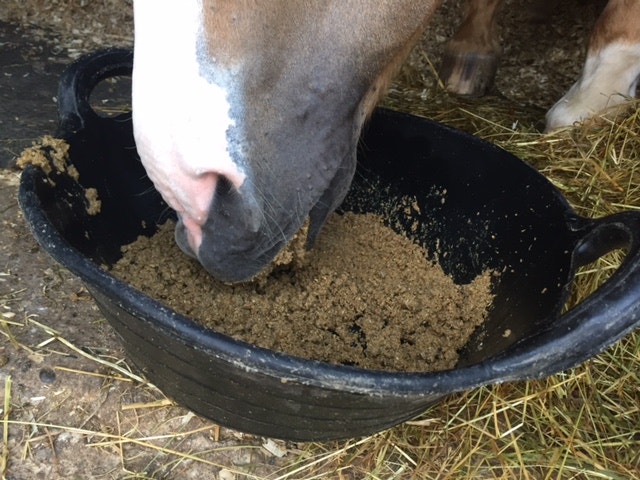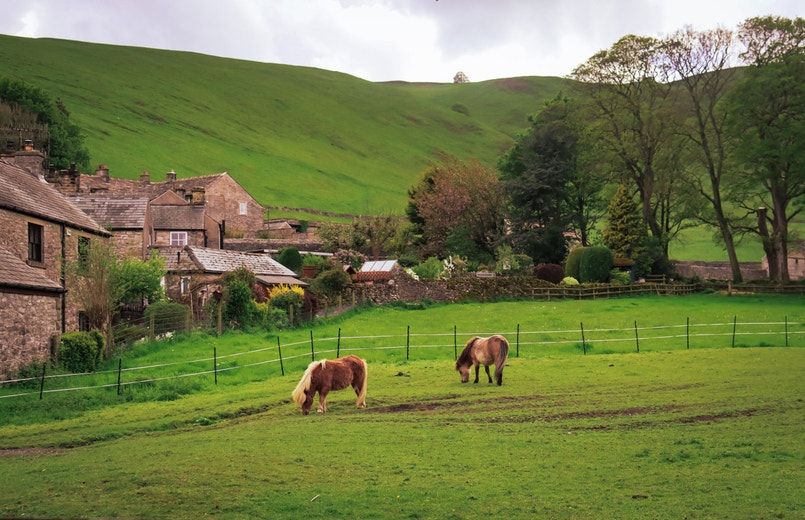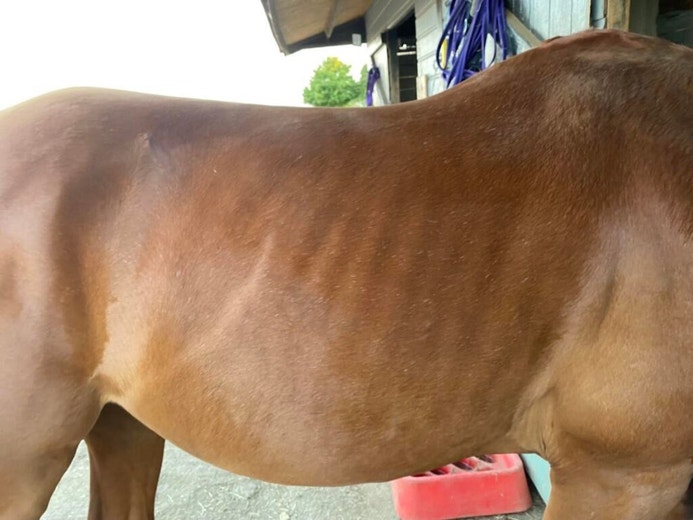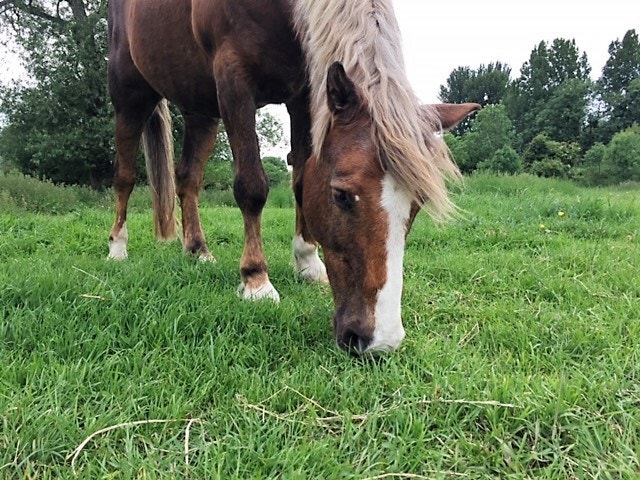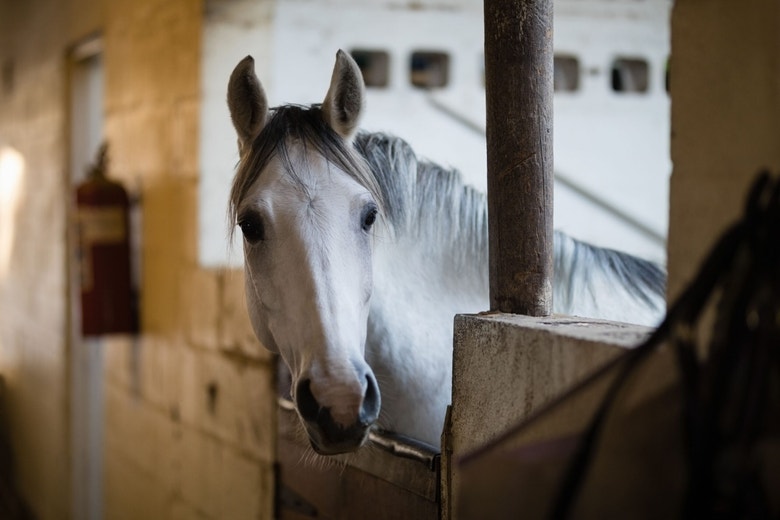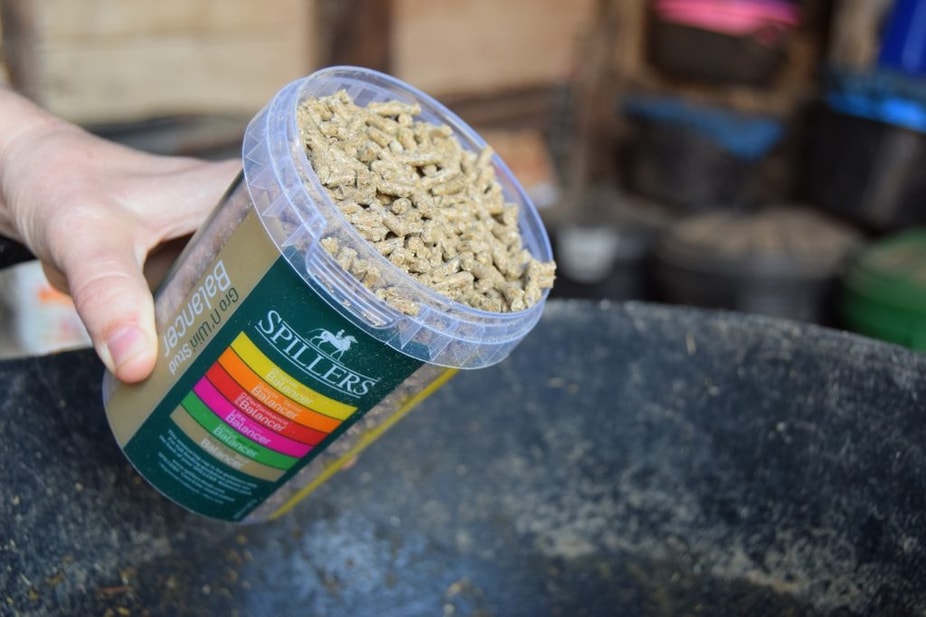
What is a feed balancer?
With the grass coming through thick and fast, many of you are undoubtedly wondering what, if anything, to feed your horse.
Although many horses and ponies maintain weight easily on grass alone, it may not be providing a balanced diet. Even in spring and summer months, levels of copper, zinc and selenium in UK grazing are typically low. Your horse’s diet may also be lacking in other key nutrients such as vitamin E and lysine, particularly if they are in work or turned out on ‘poor’ or restricted grazing – this is where feed balancers come in.
What is a balancer?
Balancers are small, nutrient dense feeds (often pellets) designed to provide a concentrated supply of vitamins, minerals and amino acids. Due to the low feeding rate, balancers provide minimal amounts of energy (calories), starch and sugar per daily serving, making them the ideal choice for good doers. Depending on the balancer you choose, they may also contain added functional ingredients such as pre and probiotics for digestive support and glucosamine for joint support.

What do balancers really do?
Myth buster number one: Balancers are not ‘conditioning’
On a kilo for kilo basis, some balancers may contain the same amount of energy (calories) as a conditioning feed but due to the low feeding rate, the amount of energy your horse consumes from a balancer is minimal. In fact, the recommended amount of ‘Horse and Pony Cubes’ is around 5 times higher in calories than the recommended amount of balancer!
Myth buster number two: Lite balancers are not significantly lower in calories
On a kilo for kilo basis, ‘lite’ balancers may be lower in calories (or more correctly energy) than alternative options but when you consider most are fed at just 500g per day for a 500g horse, there is very little difference in the amount of calories consumed. Due to the low feeding rate, all balancers (except stud balancers) contribute a negligible level of calories to the total diet, regardless of whether or not they say ‘lite’ on the bag. So if this is the case why bother?
The additional benefits of choosing a ‘lite’ balancer will vary between manufacturers so if you’re unsure, contact their helpline for advice. SPILLERS Lite & Lean Balancer is specifically designed for horses and ponies on calorie restricted diets and in particular, contains high levels of lysine and vitamin E. It also includes added magnesium, FOS and cinnamon to help support a healthy metabolism.
When should a balancer be fed?
Balancers are a great option for horses that
- Maintain weight easily on forage alone
- Maintain weight on less than the recommended amount of compound feed (or other feeds containing added vitamins and minerals)
- Are on feeds that do not contain added vitamins and minerals such as grass nuts, alfalfa and sugar beet as their main 'bucket feed'
Balancers vs broad spectrum vitamin and mineral supplements
-Balancers normally come in pellet form while vitamin and mineral supplements are often a powder. This means balancers can be fed on their own (although they are often fed alongside a chaff) whereas vitamin and mineral supplements need to be mixed into a small amount of feed.
-Balancers provide amino acids (building blocks of protein) such as lysine while vitamin and mineral supplements contain very few if any amino acids.
-Most pelleted balancers are designed to be fed at 500g per day for 500kg horse vs approximately 40-150g for a powdered vitamin and mineral supplement which sometimes leaves owners concerned about feeding unnecessary calories. Although pelleted balancers provide more calories, the difference this makes to the overall diet is negligible in most cases, especially for those with access to grazing.
How much balancer do I need to feed?
Most balancers (except stud balancers) are designed to be fed alongside forage at rate of 100g per 100kg bodyweight per day. However if you are feeding a reduced ration of compound feed, the full amount of balancer will not be required. For example, half the recommended amount of balancer generally complements half the recommended amount of compound feed.
Which balancer is right for my horse?
Consider the following:
- Age
- Workload
- Lifestyle and base diet – does your horse have free access to forage or is he on a calorie restricted diet?
- Which (if any!) functional ingredients may benefit your horse – are you simply looking to provide the nutrients required to balance a forage-based diet or would you like to provide added joint, digestive or metabolism support too?
Are balancers expensive?
In short, no. At the top end of the price scale SPILLERS Supple & Senior Balancer will last a 500kg horse 30 days and costs £1.26 per day. At the other end, SPILLERS Daily Balancer costs just £0.78 per day. In contrast the recommended amount of SPILLERS High Fibre Cubes (3kg per day for a 500kg horse) costs £2.39 per day so despite a larger pay out initially, long term, balancers are a really cost effective way to feed good doers!
Balancers really are brilliant! Whether you are looking to provide the basics or additional benefits, horses and ponies get everything they need but without the risk of weight gain.
Choosing the right balancer for your horse is easier than ever with our interactive tool. This fun and straightforward quiz will help you select the ideal SPILLERS balancer tailored to your horse’s needs. Whether you’re looking for the cost-effective Daily Balancer, the metabolism-boosting Lite & Lean Balancer, or the joint-supporting Supple & Senior Balancer, our tool simplifies the decision. Give it a try to ensure your horse gets the precise nutrition they need while maintaining their ideal weight and overall health- https://www.spillers-feeds.com/which-balancer-should-i-choose
03.06.2024
